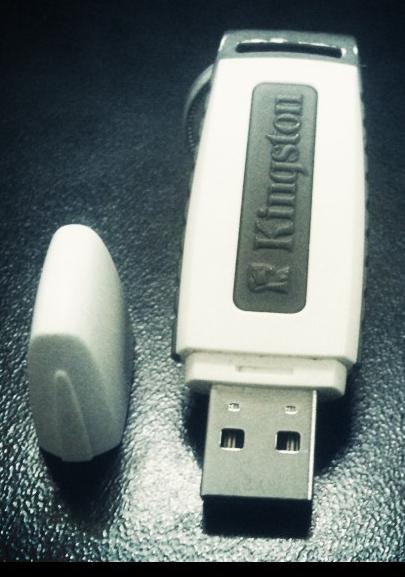At WiseGEEK, we're committed to delivering accurate, trustworthy information. Our expert-authored content is rigorously fact-checked and sourced from credible authorities. Discover how we uphold the highest standards in providing you with reliable knowledge.
What are the Best Tips for Secure Data Storage?
Secure data storage refers to ensuring the survivability of either personal or corporate computer data in case of hardware or software failure. One of the best practices in secure data storage involves keeping a copy of the data offsite to use as a backup. This entails moving data to a remote storage device or to an online storage site, such as cloud-based storage services. Data encryption on both data and backup prevent unauthorized access is another way to ensure secure data storage. Proper data organization and management can also significantly lower the risk of data being compromised.
The most common type of secure data storage—backing data up on multiple devices—can be done on any home or office network. The user can save copies of important files onto different drives, including separate hard drives and portable universal serial bus (USB) disk drives. The data can be transferred to the additional drives via direct connection, wireless communication devices, and recordable mediums such as digital video discs (DVDs). Multiple backups allow the user to access the data even if his main storage is compromised through malware or physical damage.

Cloud-based storage sites, on the other hand, allow users to upload their data to a remote device accessible through the Internet. Files uploaded to the sites are stored in data centers and are themselves redundantly backed up. Depending on the service used, users gain the benefit of added security features and data encryption as part of the package. This method of secure data storage, however, is often limited by the amount of data space the service allows per user. Users with large files often have to pay a premium in order to secure more space.

Aside from remote file storage, a user can ensure secure data storage by applying data encryption to both his main data drive and his backup files. This prevents any malicious action from remote users, such as file theft or editing. Users can supplement data encryption with anti-virus applications in order to protect their files from malware.
Secure data storage can also be improved by separating the operating system and applications from user data. Users are encouraged to have two hard drives: the first drive should contain the operating system and applications necessary to run the computer, while the second drive contains all the user's files and electronic documents. Malicious programs and users often target the devices containing the operating system and applications; storing the user's files on completely separate devices effectively protects user data from harm.
AS FEATURED ON:
AS FEATURED ON:













Discussion Comments
I have one piece of advice for flash drive security. All of us should encrypt important files in flash drives. Ensuring the security of files on a flash drive can effectively reduce the possibility of data loss and privacy breaches.
Post your comments